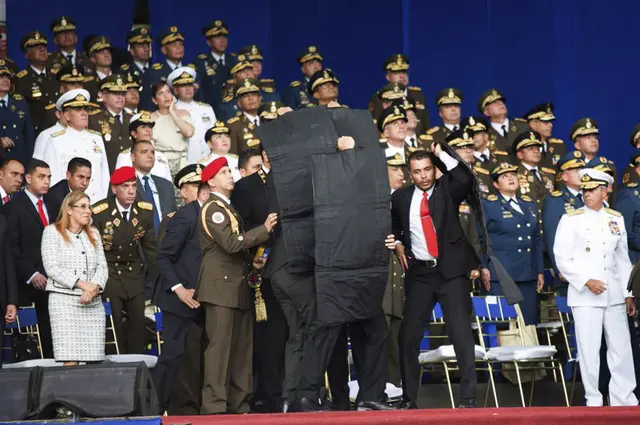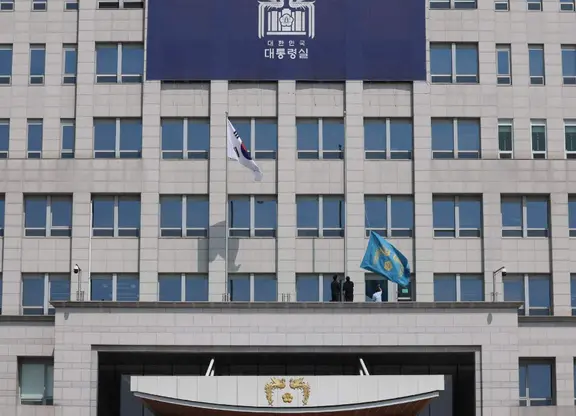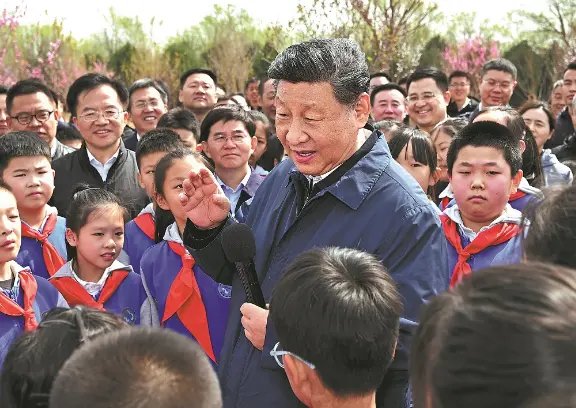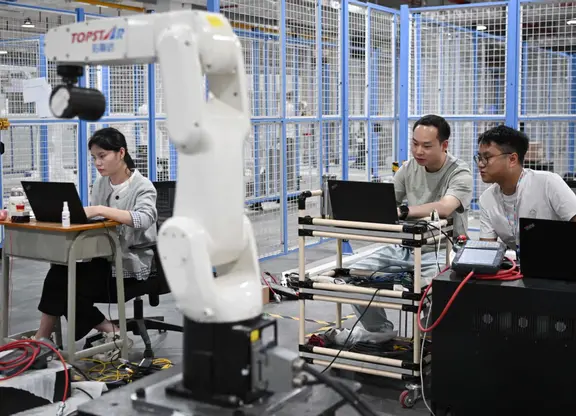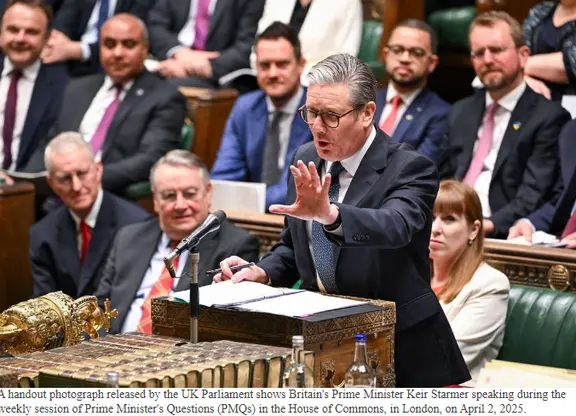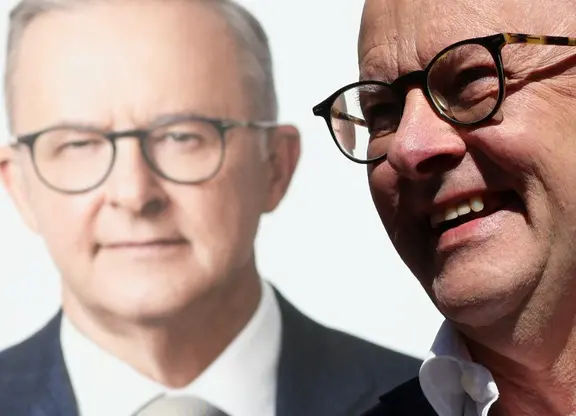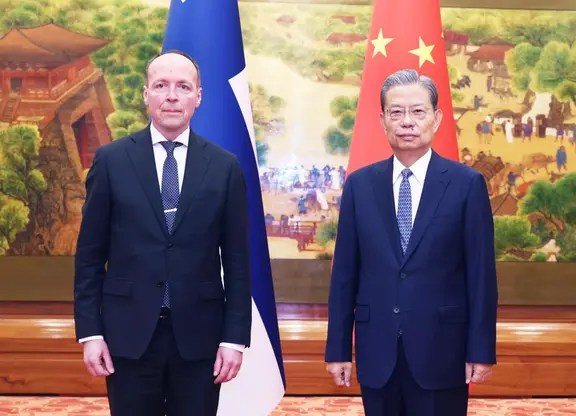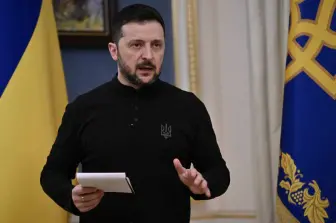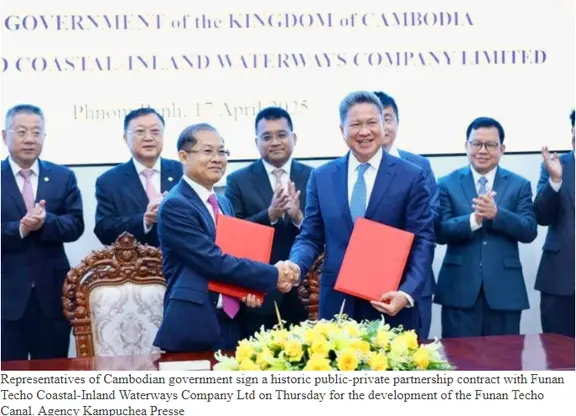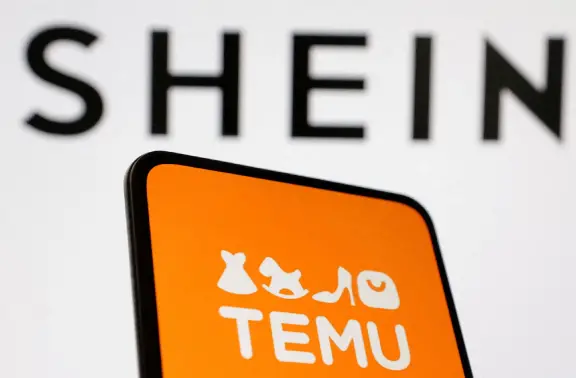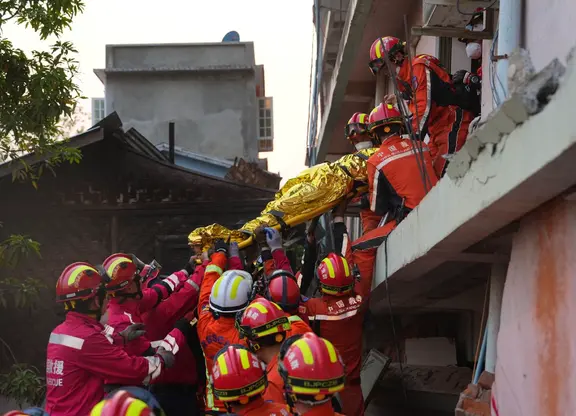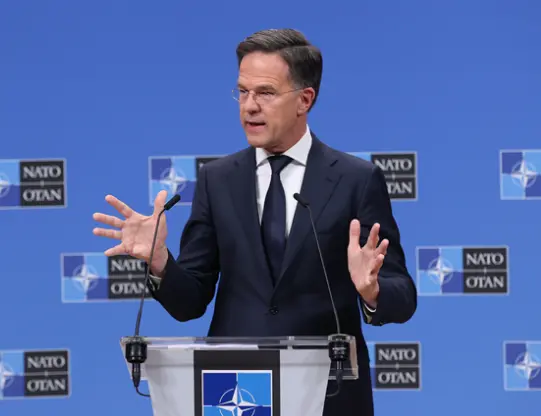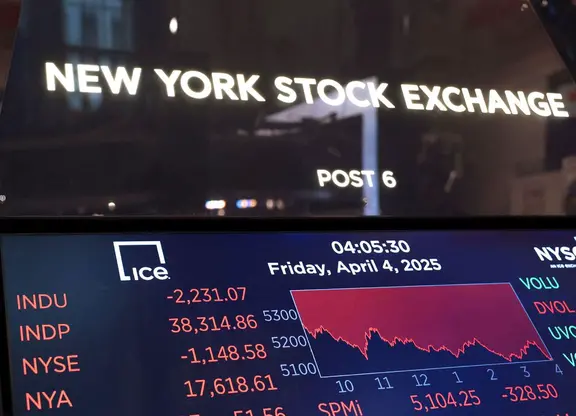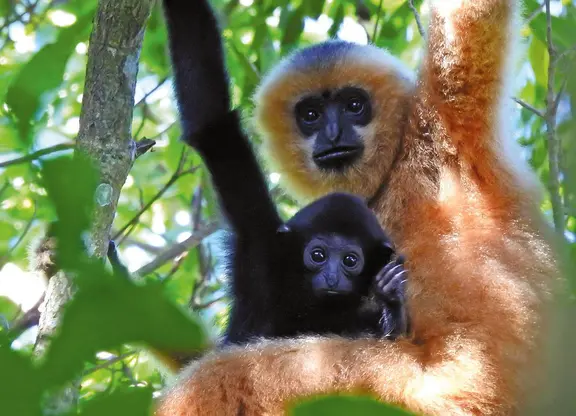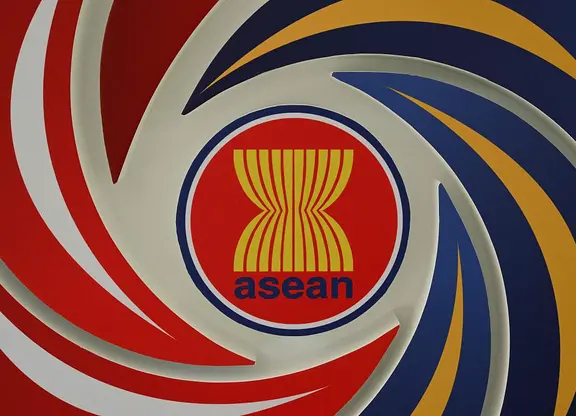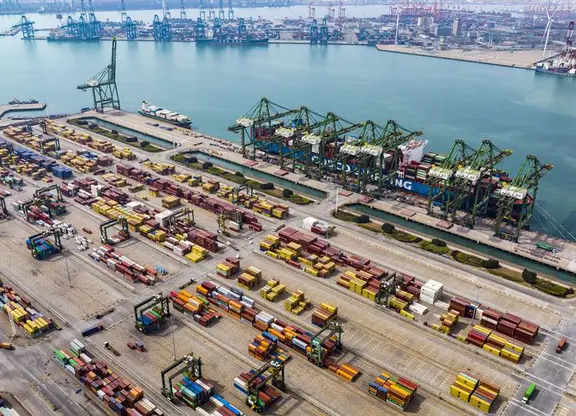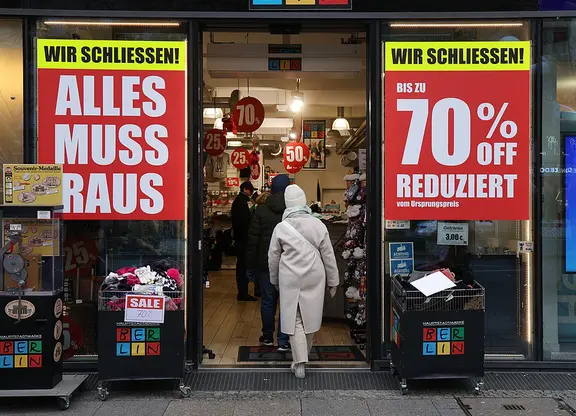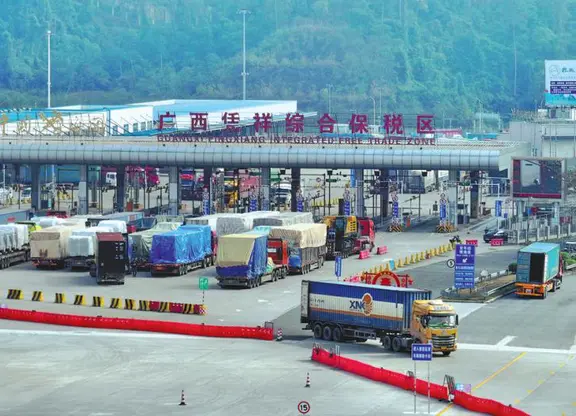The plan was simple, but perilous. Some 300 heavily armed volunteers would sneak into Venezuela from the northern tip of South America. Along the way, they would raid military bases in the socialist country and ignite a popular rebellion that would end in President Nicolás Maduro’s arrest.
What could go wrong? As it turns out, pretty much everything.
The ringleader of the plot is now jailed in the U.S. on narcotics charges. Authorities in the U.S. and Colombia are asking questions about the role of his muscular American adviser, a former Green Beret. And dozens of desperate combatants who flocked to secret training camps in Colombia said they have been left to fend for themselves amid the coronavirus pandemic.
The failed attempt to start an uprising collapsed under the collective weight of skimpy planning, feuding among opposition politicians and a poorly trained force that stood little chance of beating the Venezuelan military.
“You’re not going to take out Maduro with 300 hungry, untrained men,” said Ephraim Mattos, a former U.S. Navy SEAL who trained some of the would-be combatants in tactical medicine.
This bizarre, untold story of a call to arms that crashed before it launched is drawn from interviews with more than 30 Maduro opponents and aspiring freedom fighters who were directly involved in or familiar with its planning. Most spoke on condition of anonymity, fearing retaliation.
When hints of the conspiracy surfaced last month, the Maduro-controlled state media portrayed it as an invasion ginned up by the CIA, like the Cuban Bay of Pigs fiasco of 1961. An Associated Press investigation found no evidence of U.S. government involvement in the plot. Nevertheless, interviews revealed that leaders of Venezuela’s U.S.-backed opposition knew of the covert force, even if they dismissed its prospects.
Planning for the incursion began after an April 30, 2019, barracks revolt by a cadre of soldiers who swore loyalty to Maduro’s would-be replacement, Juan Guaidó, the opposition leader recognized by the U.S. and some 60 other nations as Venezuela’s rightful leader. Contrary to U.S. expectations at the time, key Maduro aides never joined with the opposition and the government quickly quashed the uprising.
A few weeks later, some soldiers and politicians involved in the failed rebellion retreated to the JW Marriott in Bogota, Colombia. The hotel was a center of intrigue among Venezuelan exiles. For this occasion, conference rooms were reserved for what one participant described as the “Star Wars summit of anti-Maduro goofballs” — military deserters accused of drug trafficking, shady financiers and former Maduro officials seeking redemption.
Among those angling in the open lobby was Jordan Goudreau, an American citizen and three-time Bronze Star recipient for bravery in Iraq and Afghanistan, where he served as a medic in U.S. Army special forces, according to five people who met with the former soldier.
Those he interacted with in the U.S. and Colombia described him in interviews alternately as a freedom-loving patriot, a mercenary and a gifted warrior scarred by battle and in way over his head.
Two former special forces colleagues said Goudreau was always at the top of his class: a cell leader with a superb intellect for handling sources, an amazing shot and a devoted mixed martial arts fighter who still cut his hair high and tight.
At the end of an otherwise distinguished military career, the Canadian-born Goudreau was investigated in 2013 for allegedly defrauding the Army of $62,000 in housing stipends. Goudreau said the investigation was closed with no charges.
After retiring in 2016, he worked as a private security contractor in Puerto Rico following Hurricane Maria. In 2018, he set up Silvercorp USA, a private security firm, near his home on Florida’s Space Coast to embed counter-terror agents in schools disguised as teachers. The company’s website features photos and videos of Goudreau firing machine guns in battle, running shirtless up a pyramid, flying on a private jet and sporting a military backpack with a rolled-up American flag.
Silvercorp’s website touts operations in more than 50 countries, with an advisory team made up of former diplomats, experienced military strategists and heads of multinational corporations -- none of them named. It claims to have “led international security teams” for the president of the United States.
Goudreau, 43, declined to be interviewed. In a written statement, he said that “Silvercorp cannot disclose the identities of its network of sources, assets and advisors due to the nature of our work” and, more generally, “would never confirm nor deny any activities in any operational realm. No inference should be drawn from this response.”
`CONTROLLING CHAOS’
Goudreau’s focus on Venezuela started in February 2019, when he worked security at a concert in support of Guaidó organized by British billionaire Richard Branson on the Venezuelan-Colombian border.
“Controlling chaos on the Venezuela border where a dictator looks on with apprehension,” he wrote in a photo of himself on the concert stage posted to his Instagram account.
“He was always chasing the golden BB,” said Drew White, a former business partner at Silvercorp, using military slang for a one-in-a-million shot. White said he broke with his former special forces comrade last fall when Goudreau asked for help raising money to fund his regime change initiative.
“As supportive as you want to be as a friend, his head wasn’t in the world of reality,” said White. “Nothing he said lined up.”
According to White, Goudreau came back from the concert looking to capitalize on the Trump administration’s growing interest in toppling Maduro.
He had been introduced to Keith Schiller, President Donald Trump’s longtime bodyguard, through someone who worked in private security. Schiller attended a March 2019 event at the University Club in Washington for potential donors with activist Lester Toledo, then Guaidó’s coordinator for the delivery of humanitarian aid.
Last May, Goudreau accompanied Schiller to a meeting in Miami with representatives of Guaidó. There was a lively discussion with Schiller about the need to beef up security for Guaidó and his growing team of advisers inside Venezuela and across the world, according to a person familiar with the meeting. Schiller thought Goudreau was naive and in over his head. He cut off all contact following the meeting, said a person close to the former White House official.
In Bogota, it was Toledo who introduced Goudreau to a rebellious former Venezuelan military officer the American would come to trust above all others — Cliver Alcalá, ringleader of the Venezuelan military deserters.
(AP)
 简体中文
简体中文

